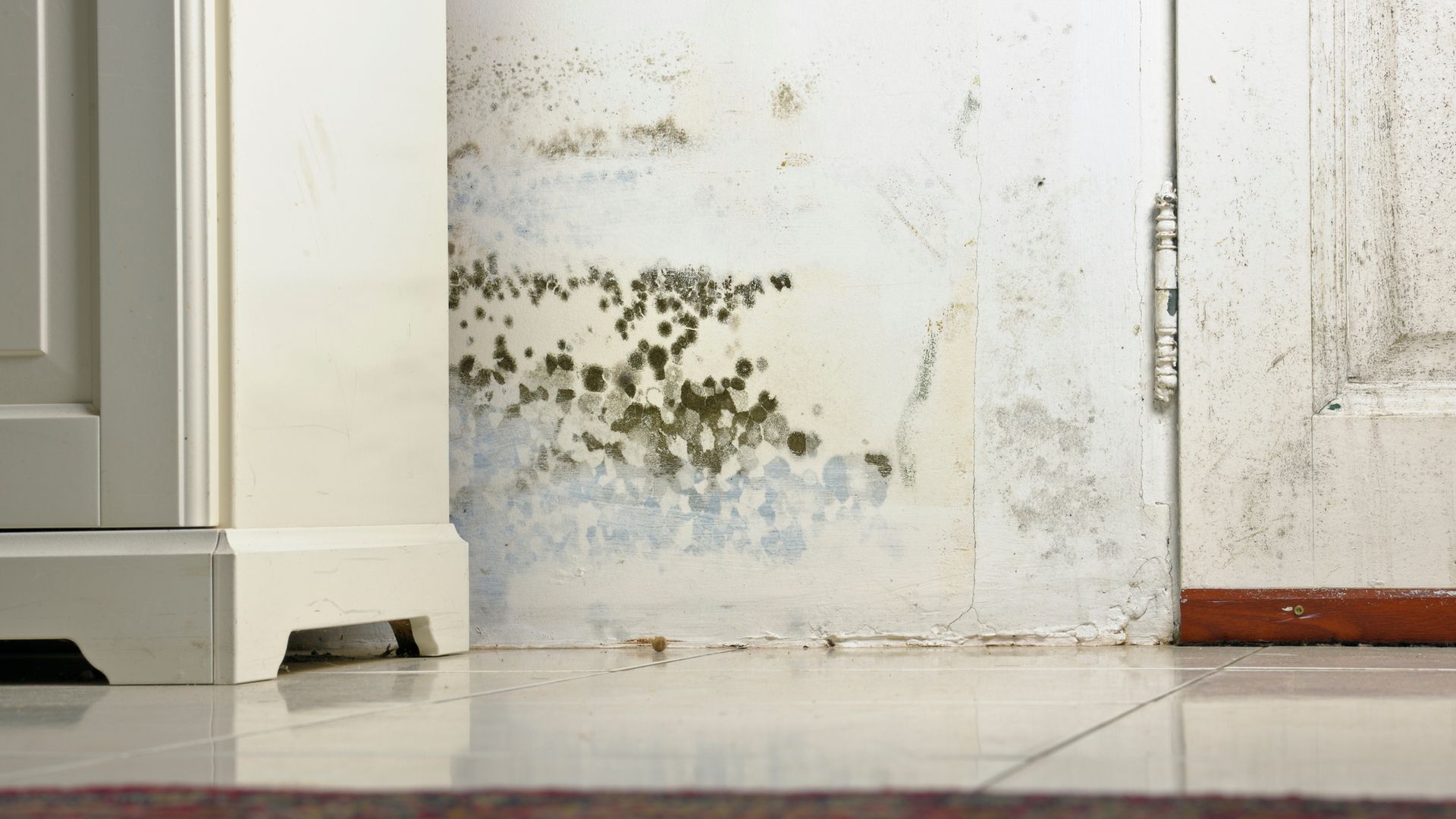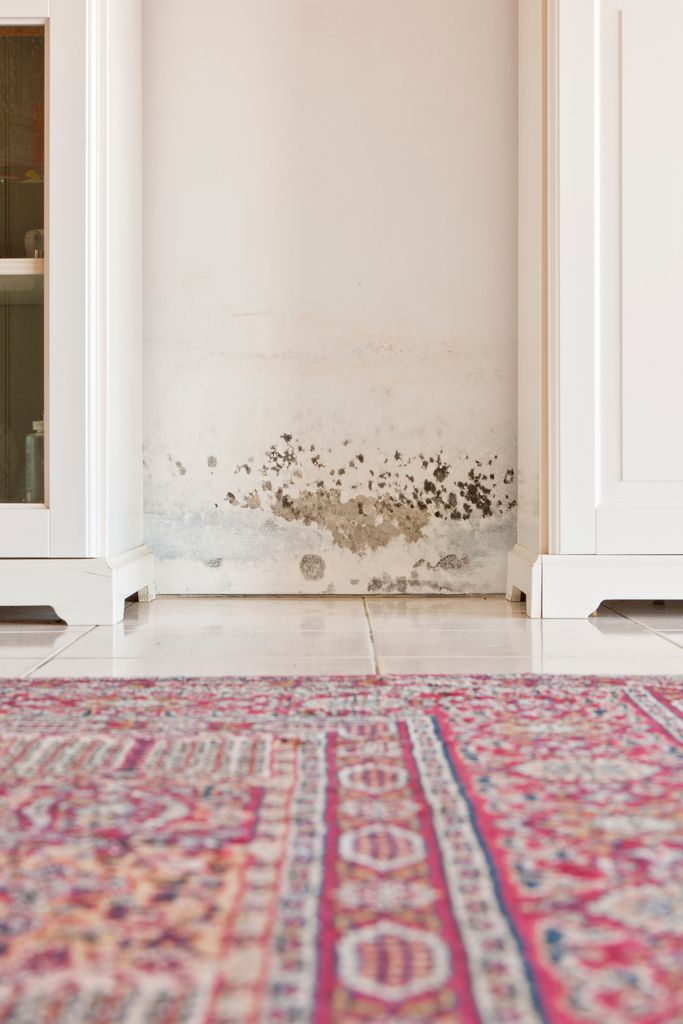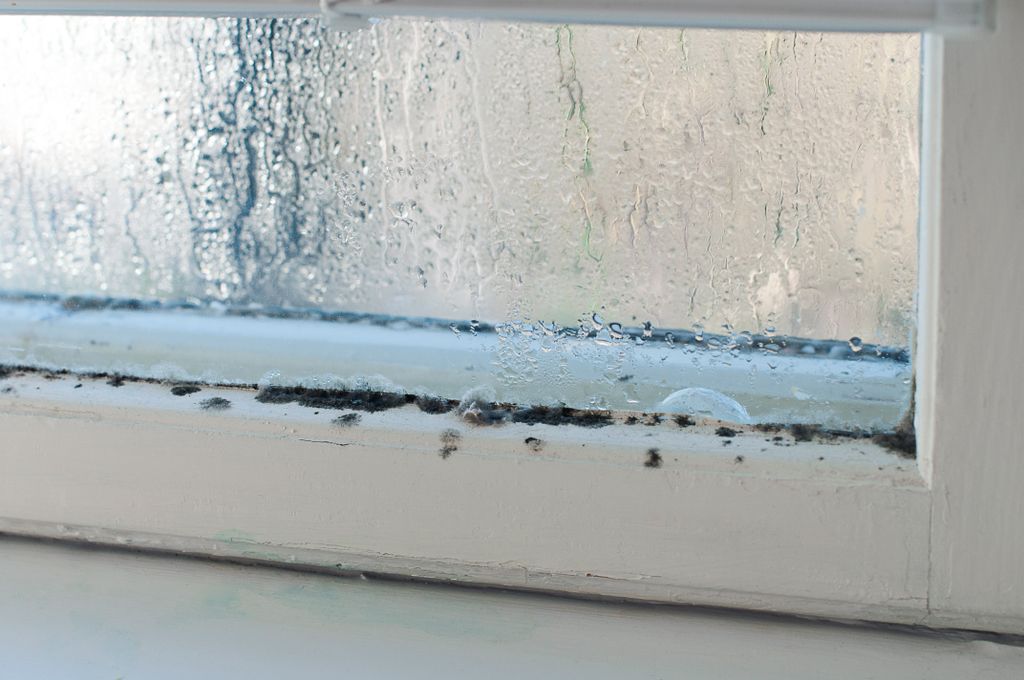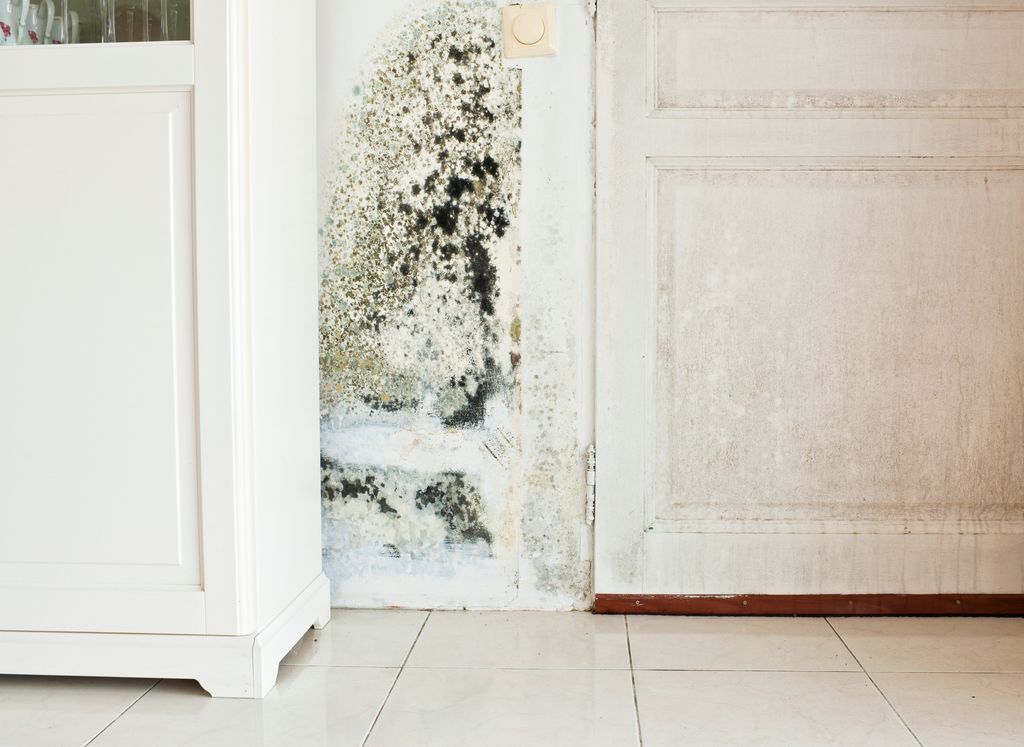There are all sorts of red flags to look out for before signing a rental agreement, from problematic landlords to structural issues like damp.
According to a recent survey, a staggering 43% of renters have reported issues with mould or damp, with one in five tenants claiming their complaints remain unresolved after reporting them. Been there? So have we.
I thought I had struck rental market gold when my partner and I signed onto a beautiful Victorian townhouse in Greenwich. Less than three months after we moved in, however, the wall beneath our large windows in the living room became riddled with black mould.
When we returned to the flat after leaving London for Christmas, the mould was so bad it had climbed the walls and enveloped our furniture - most of which had to be thrown away. After several stressful calls with our reluctant landlord who admitted he would provide us with a dehumidifier but was "not prepared to pay" for the £16,000 recommended repairs to weatherproof the period property, we now face a battle every winter to manage the reappearing mould.
Mould and damp in rental properties are only made worse by wet weather, with the Met Office revealing the last 18 months have seen the highest level of rainfall since records began. The good news is that as a tenant, mould and damp caused by structural issues are not your responsibility.
Under Section 9A and Section 11 of the Landlord and Tenant Act 1985, if a home is unfit to live in and could pose health risks, tenants can bring a County Court claim against the landlord.
Landlords who fail to maintain their properties to a safe standard can face legal consequences and be forced to pay out compensation.
So what can you do if you find mould in your rental property, and should you be concerned? Here is everything you need to know…
How living with mould can impact your health
Any amount of damp and mould found in your home can produce allergens, irritants, mould spores and other toxins that are harmful to health.
The longer mould and damp is left untreated, the higher the risks to health can be.
Mould associated with damp buildings can trigger nasal congestion, sneezing, coughing, hair loss, respiratory infections and worsen asthma and allergic conditions. In rare cases, extreme exposure to mould can result in death.
What to do if you find mould in your property
Minor signs of mould spores in bathrooms and corners of windows are not uncommon, especially during colder months when warm homes create condensation. Try to ventilate the area for at least 30 minutes each day, and spray the area with a mould and mildew spray.
If you spot fuzzy black, white or green patches on the walls, along with a damp and musty smell, it could be a sign of structural issues with your property - and you should contact your landlord right away.
Damp patches on external walls could be a sign of penetrative damp, which needs to be sorted right away. If they then don't respond to you or don't fix things within a reasonable time you can contact your local council's environmental health department.
According to Shelter, your landlord should check if damp and mould return at least six weeks after the repairs.
They should also fix any damage caused by the damp. For example, redecorate or replace damaged plaster or carpets.
Your landlord cannot ask you to make unreasonable requests, such as stop cooking or showering, or to stop drying your clothes indoors if you don't have an outdoor space.











